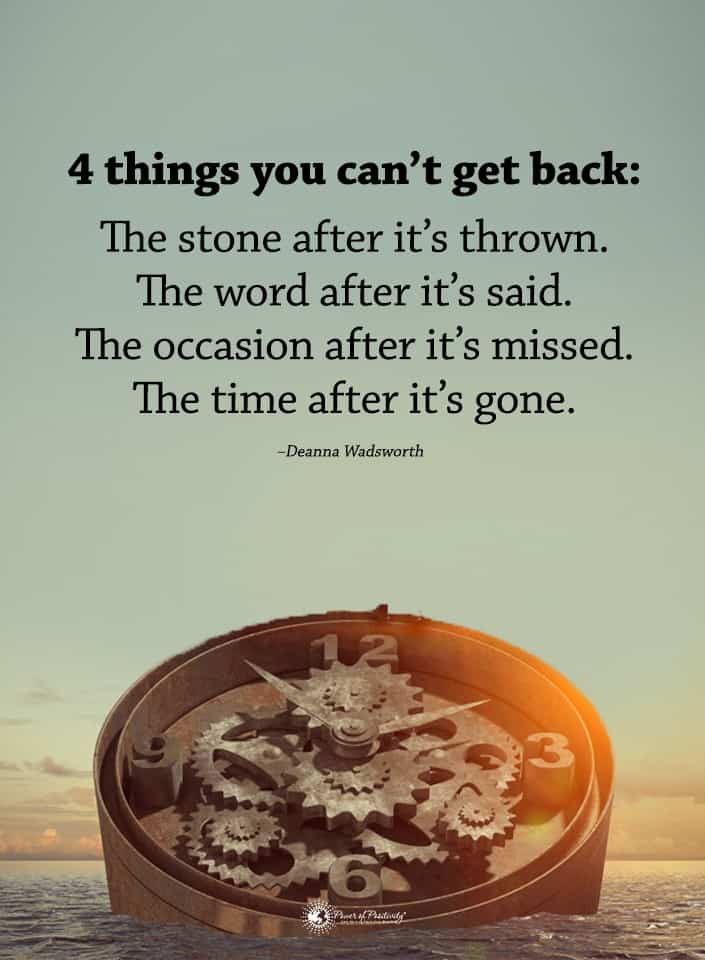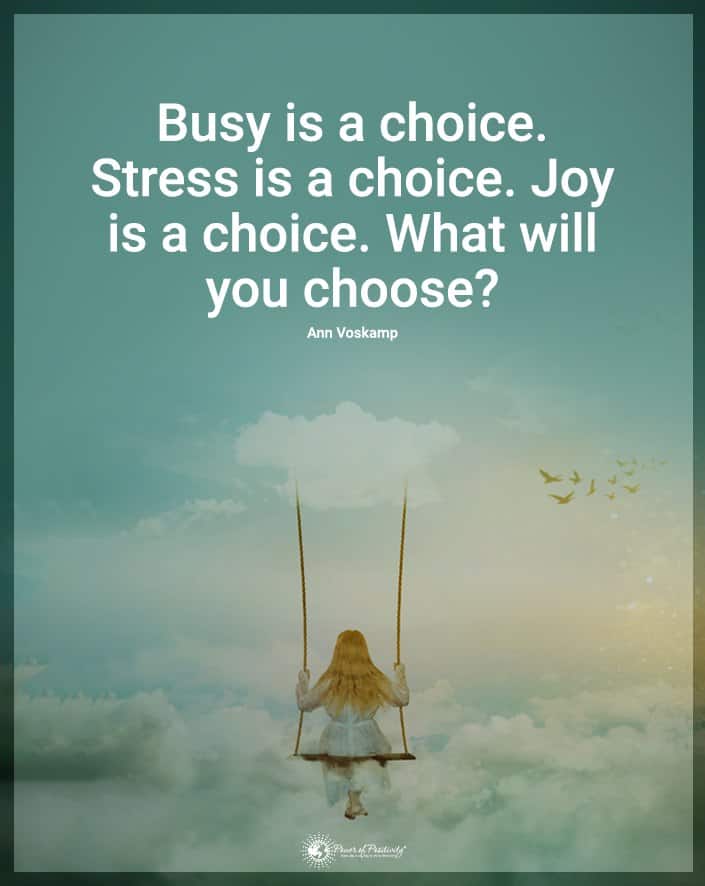Society seems to stress productivity above all else, but having some leisure time can benefit your mental health. If you don’t take time to slow down once in a while, you’ll start feeling burnt out. This burnout can lead to stress-related severe health problems when you neglect your mind and body’s needs.
In fact, a study by Ohio State University found that people who view leisure as unproductive and wasteful feel less happy. They also suffer more from depression and stress, according to the research.
Researchers conducted several studies to analyze the effects of this widespread belief in modern life: that productivity is king. According to this viewpoint, leisure time and enjoying oneself take a back seat to grind away in an office.
We hear that working hard in school and being gainfully employed will lead to happiness from birth. However, surveys on mounting stress in America and other countries tell a different story.
The study found that people who most strongly agreed with being productive at all costs enjoyed leisure time much less. According to Selin Malkoc, co-author of the study and associate professor of marketing at Ohio State University’s Fisher College of Business, they also had worse mental health outcomes.
“There is plenty of research which suggests that leisure has mental health benefits and that it can make us more productive and less stressed,” Malkoc said.
“But we find that if people start to believe that leisure is wasteful, they may end up being more depressed and more stressed.”
On a good note, some doubtful people could enjoy leisure time if they incorporate it into a larger goal. In other words, if they don’t view leisure as an end in itself, skeptics might learn to have more fun.
Spending leisure time makes people happier.
 “If leisure can be framed as having some productive goal, that helps people who think leisure is wasteful get some of the same benefits,” said study co-author Rebecca Reczek, professor of marketing at Ohio State.
“If leisure can be framed as having some productive goal, that helps people who think leisure is wasteful get some of the same benefits,” said study co-author Rebecca Reczek, professor of marketing at Ohio State.
The study was published online on August 21, 2021, in the Journal of Experimental Social Psychology.
Thinking of leisure as wasteful increases stress
One study included 199 college students who rated their enjoyment of several leisure activities. They also completed questionnaires that measured their happiness, depression, anxiety, and stress levels.
Researchers asked them how much they agreed with five statements assessing their feelings about leisure time. For example, one statement said: “Time spent on leisure activities is often wasted time.”
Results found that the more participants agreed with leisure time being wasteful, the less they enjoyed leisurely activities. This held whether they engaged in active (exercising), passive (watching TV), or solitary (meditating) leisure activities.
What’s more, those who most strongly agreed with leisure time being unproductive felt the least happy. They also suffered from higher levels of depression, anxiety, and stress.
But, having fun with a larger goal in mind improves mental health
Another study involved 302 online volunteers who answered questions about how they celebrated Halloween in 2019. They could choose from activities such as going to a party or taking their kids trick-or-treating. Participants then rated how much they enjoyed their Halloween experience.
The results that prove the importance of leisure time
Results found that those who viewed leisure time as wasteful reported having less fun at events like parties.
“But those who participated in fun activities that fulfilled responsibilities, like trick or treating with your kids, didn’t see such a reduction in how much they enjoyed their Halloween,” said study co-author Gabriela Tonietto, an assistant professor of marketing at the Rutgers Business School.
Obsession with productivity doesn’t just affect the United States.
You might think that only overworked Americans shame leisure time, but it seems other countries share this belief. One study compared people in the U.S., India, and France. Of course, fewer people in France believed leisure was wasteful compared to the United States and India. However, those in France who looked down upon leisure still experienced the same adverse effects.
“We live in a global society, and there are people everywhere that hear the same messages about how important it is to be busy and productive,” Reczek said.
“And once you believe that and internalize the message that leisure is a waste, our results suggest you’re going to be more depressed and less happy, no matter where you live.”
It also surprised researchers that the disdain of leisure time affected the enjoyment of anything fun. It didn’t matter how long the leisure activity lasted or what people participated in; the results remained the same.
Skeptics of leisure time hold onto their beliefs.
In another study, researchers asked college students to watch a short funny cat video in the middle of an experiment. Some participants read articles beforehand that explained how leisure time could reduce stress and boost energy. Even still, the adverse effects of prioritizing productivity remained.
“These are students who are coming into the lab to answer surveys, which can be boring. In the middle of that, we give them a funny video to watch, which you would expect would be a nice break – and even then, some participants didn’t enjoy it as much,” Malkoc said.
“They had no way to use the time more productively. We were giving them a break from other, more boring activities. And still, those who believe leisure is wasteful didn’t think watching the videos was as fun as others did.”
 Final thoughts on the study linking more leisure time to greater happiness
Final thoughts on the study linking more leisure time to greater happiness
Overall, the study revealed that people wouldn’t easily change their long-held beliefs about leisure time. Researchers believe a different approach may help shift people’s perspectives about the value of leisure.
For those who think of leisure as wasteful, “it may be helpful to think about the productive ways that individual leisure activities can serve their long-term goals,” Tonietto said.
Basically, think of leisure activities as an essential part of the bigger picture, she said.
“Find ways to make fun activities part of a larger goal in your life,” Malkoc added. “Think about how it is productive, instrumental, and useful.”
The post Spending Leisure Time is Key to Happiness, According to OSU Study appeared first on Power of Positivity: Positive Thinking & Attitude.







 Final thoughts on the study linking more leisure time to greater happiness
Final thoughts on the study linking more leisure time to greater happiness